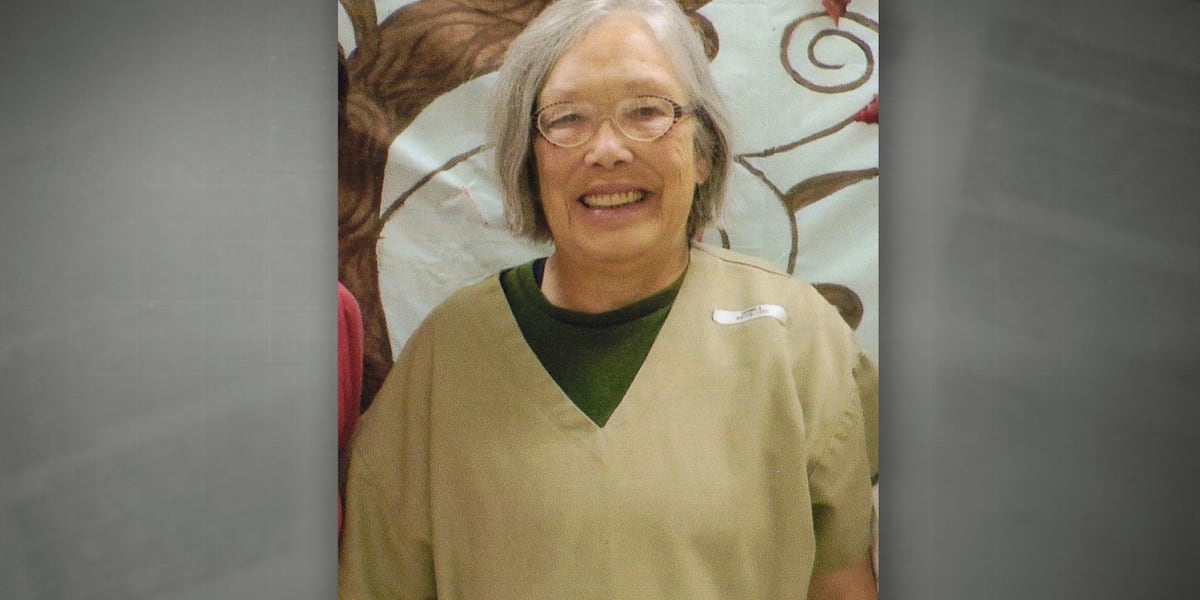

Trending
Corrections: If you are aware of an inaccuracy or would like to report a correction, we would like to know about it. Please consider sending an email to [email protected] and cite any sources if available. Thank you. (Policy)
Recover your password.
A password will be e-mailed to you.


Comments are closed, but trackbacks and pingbacks are open.